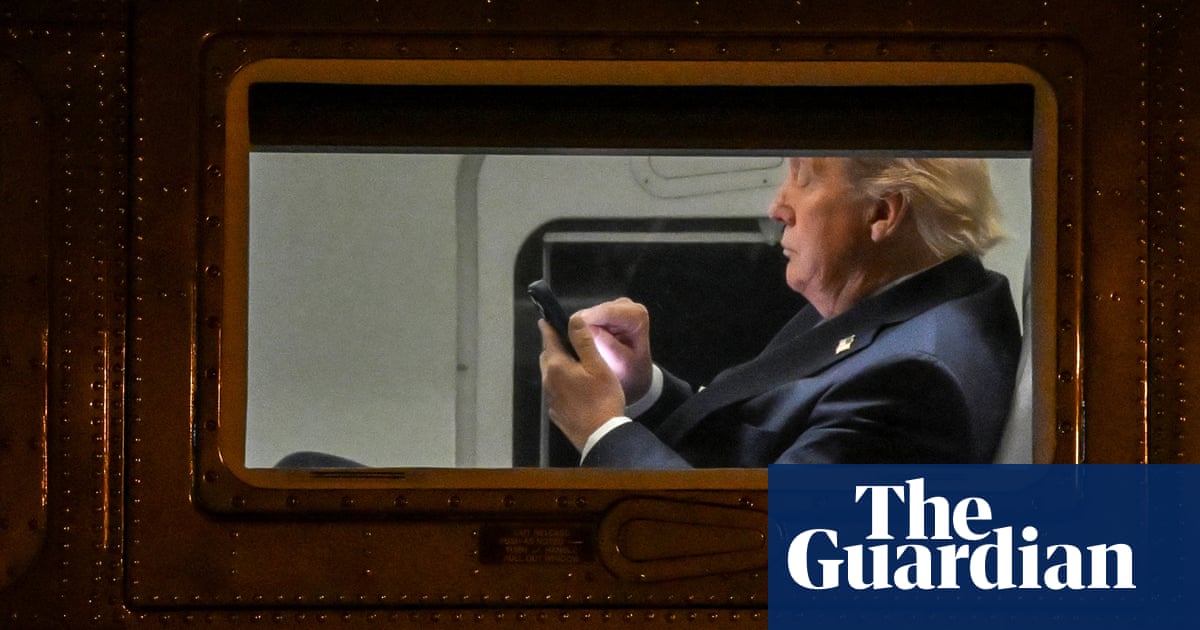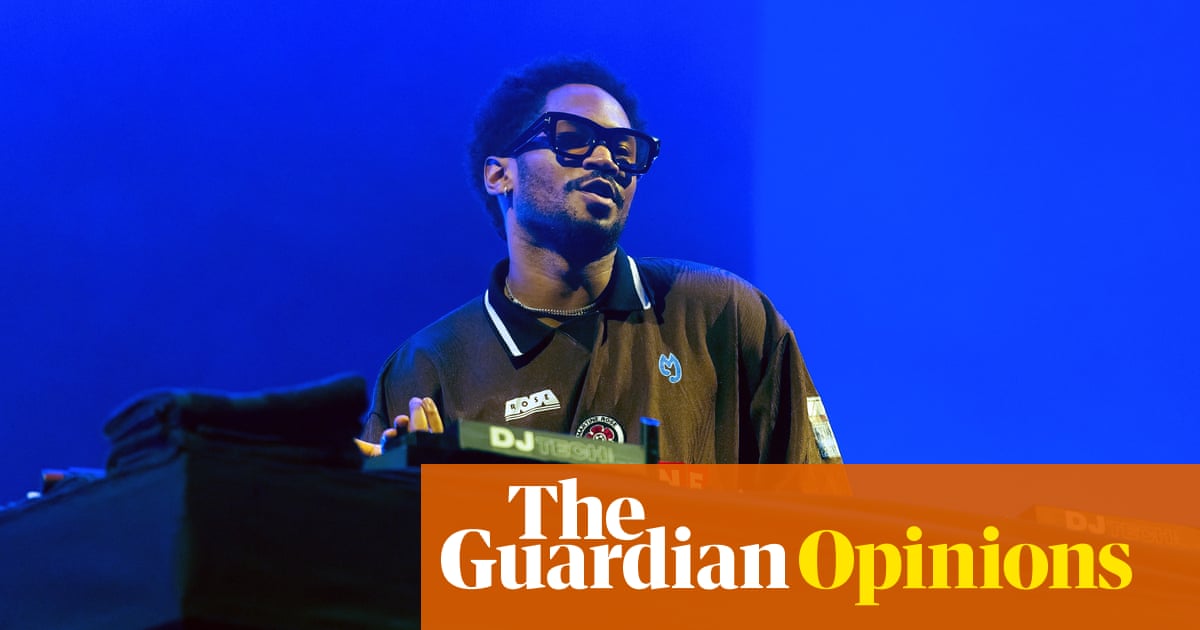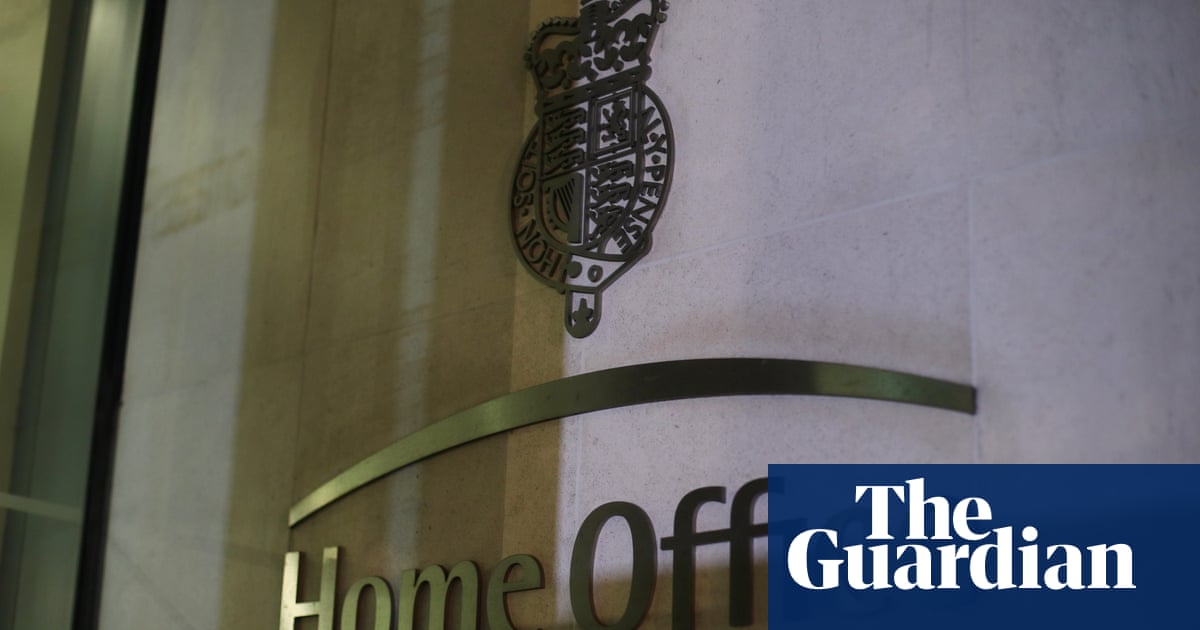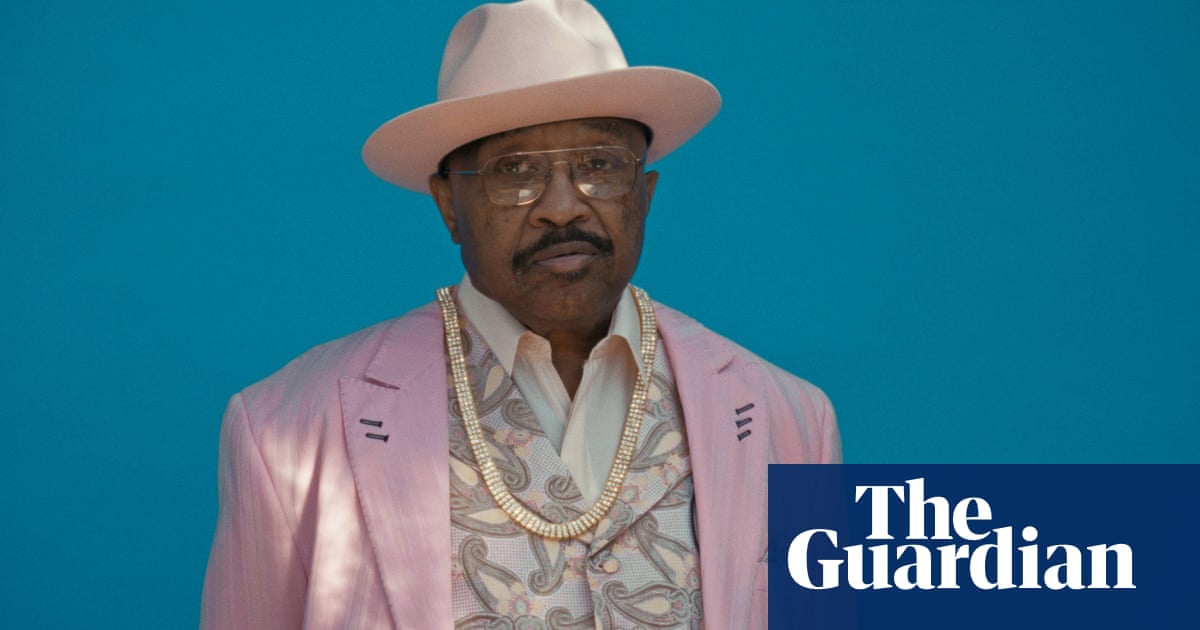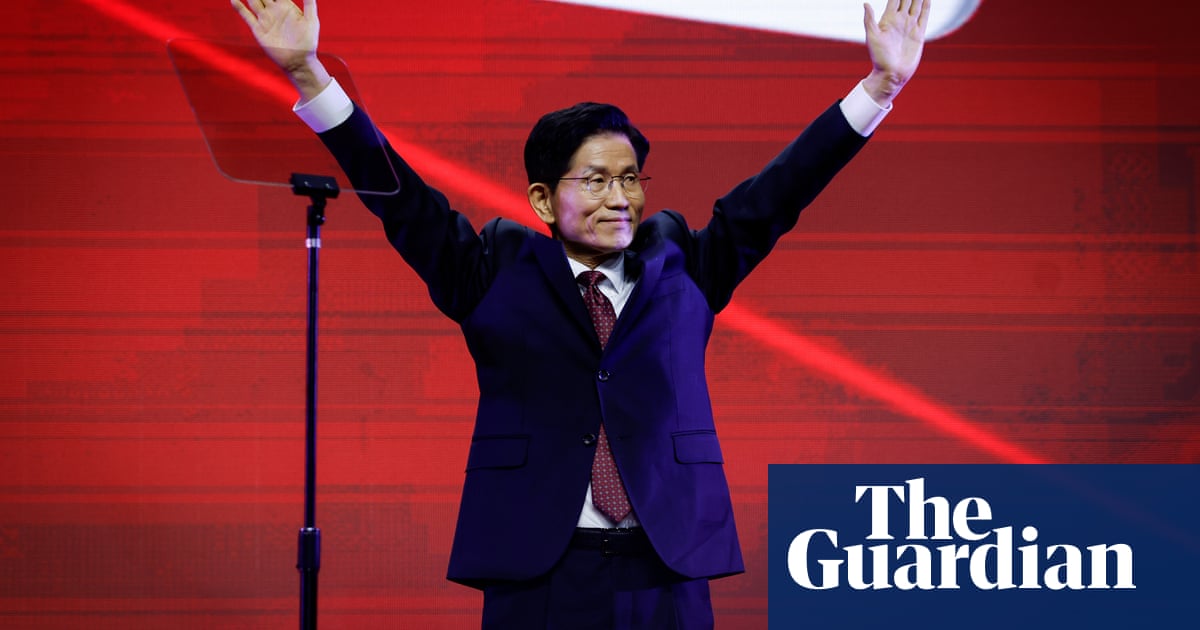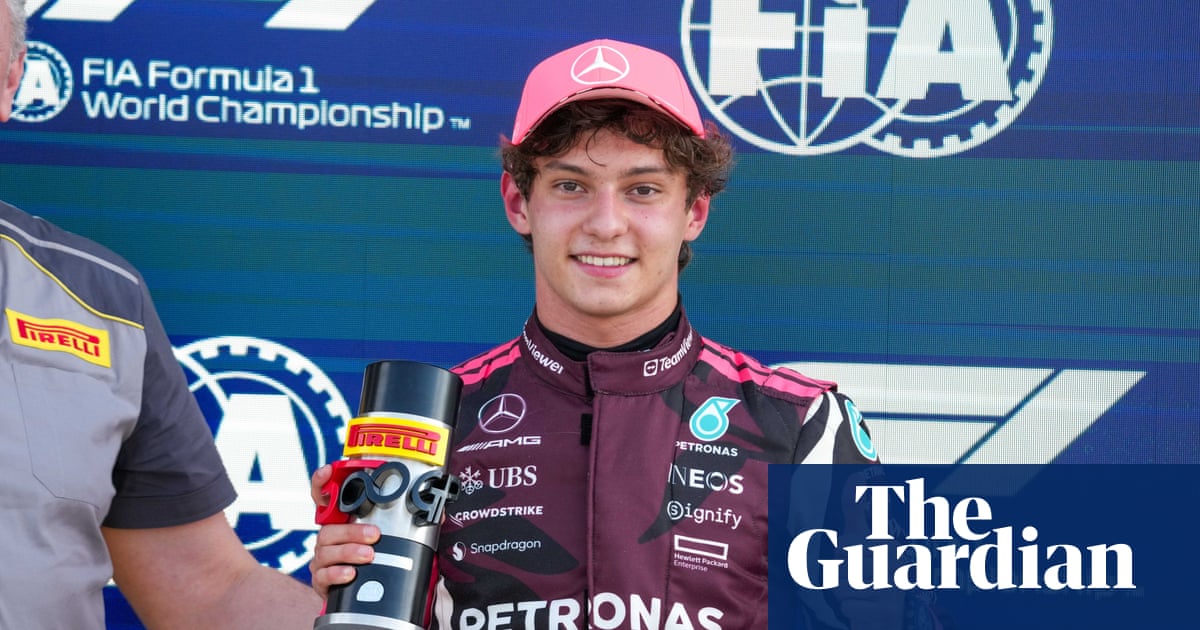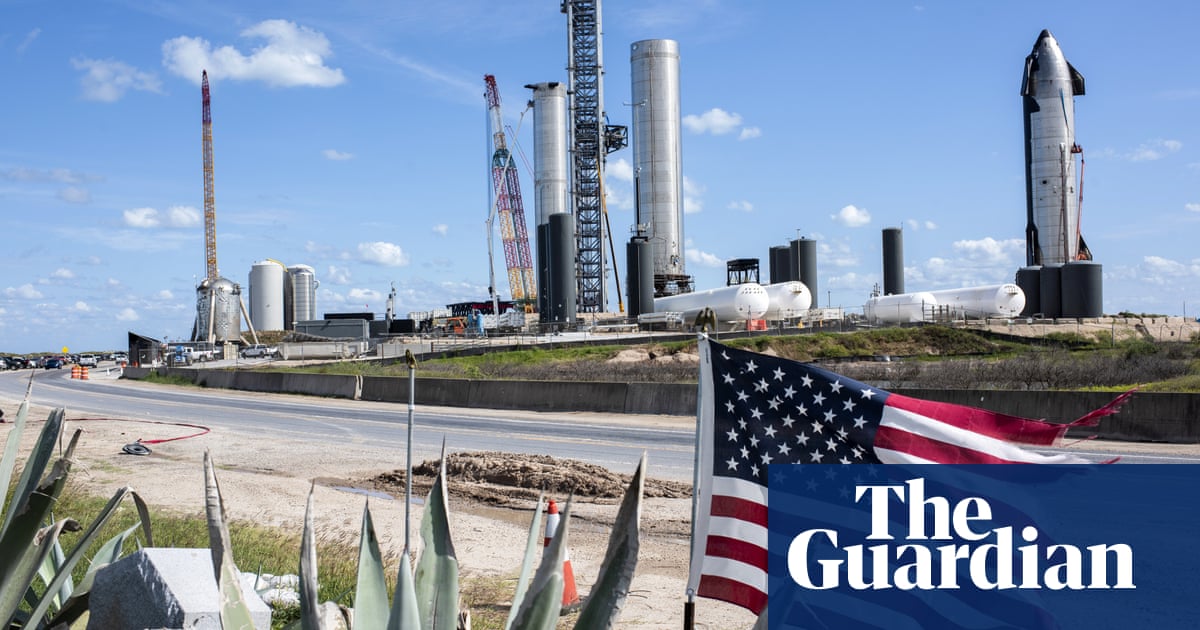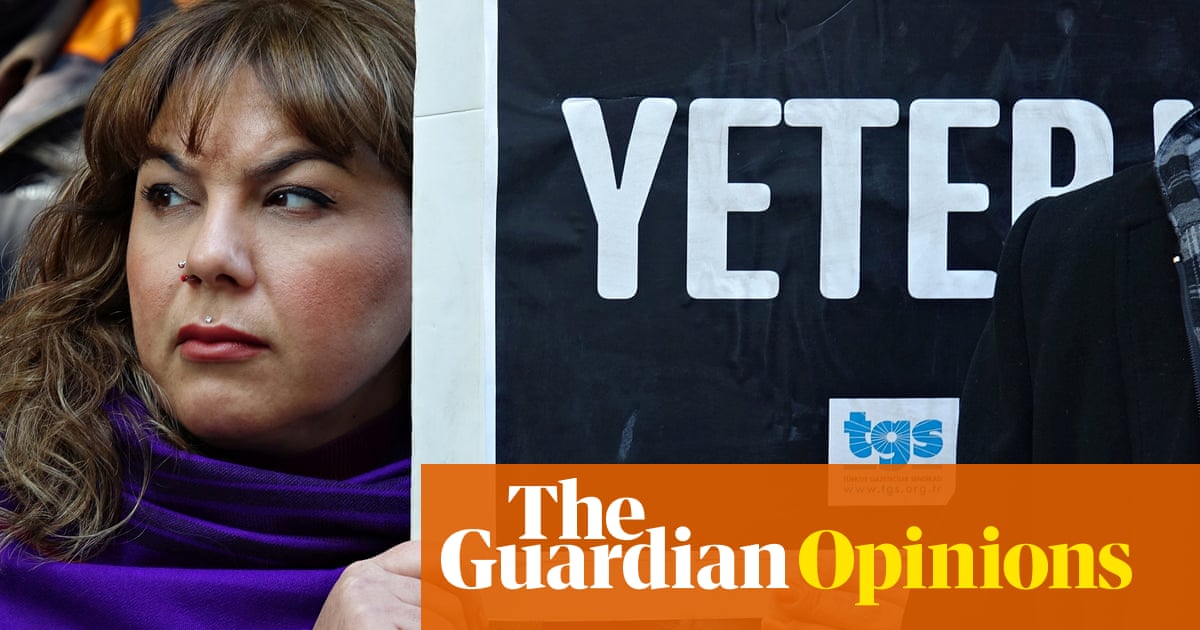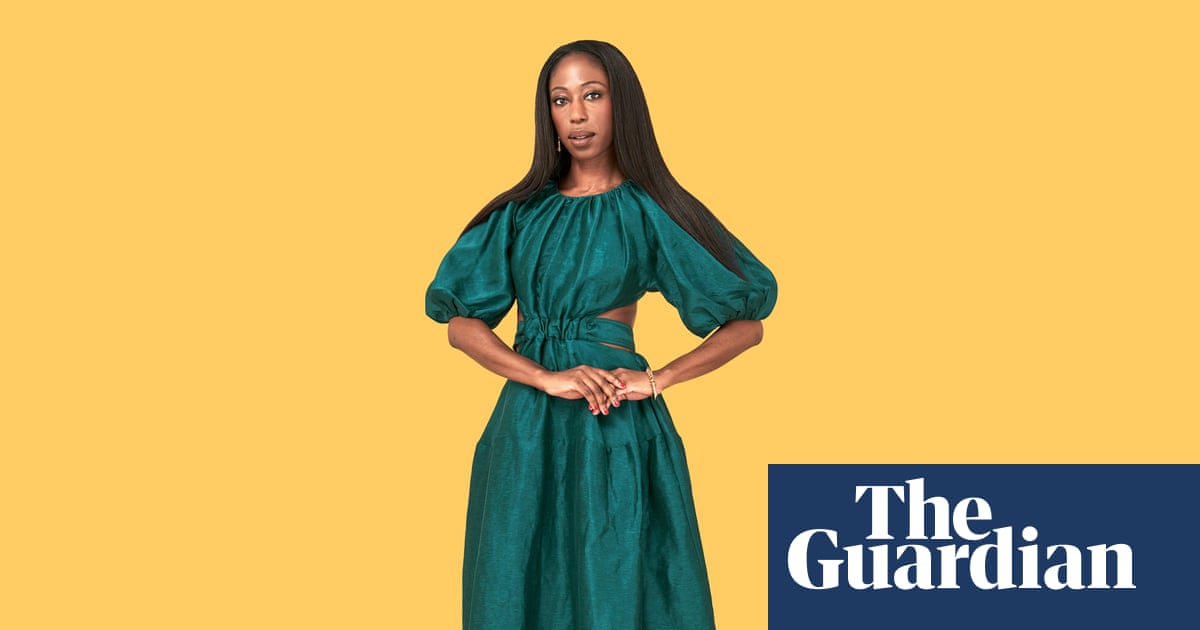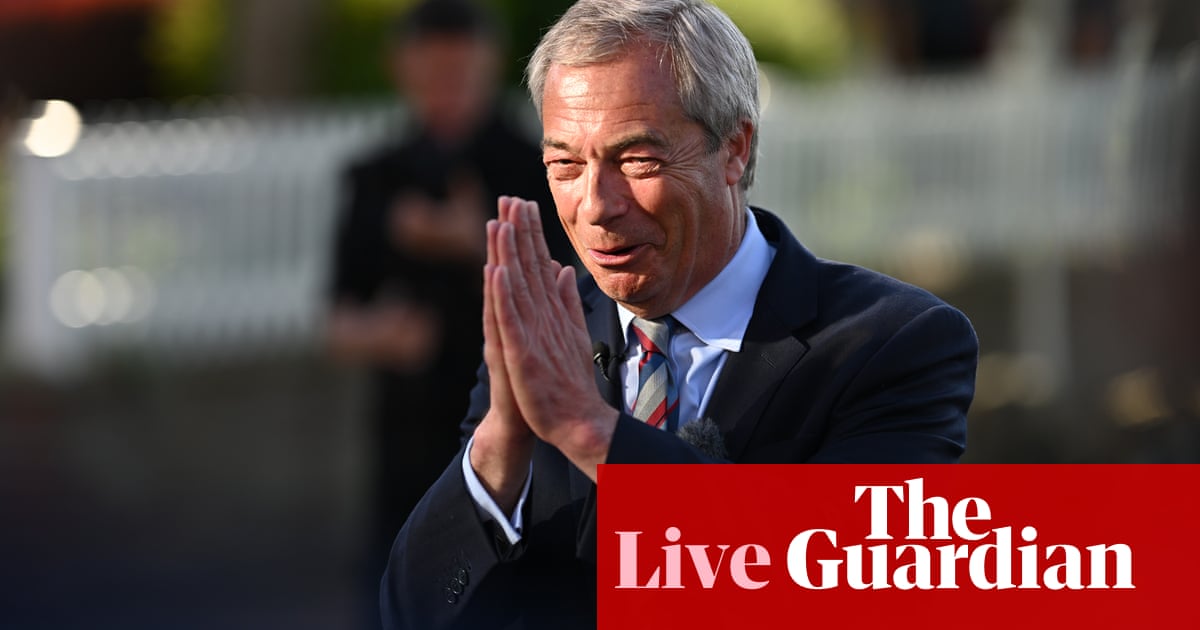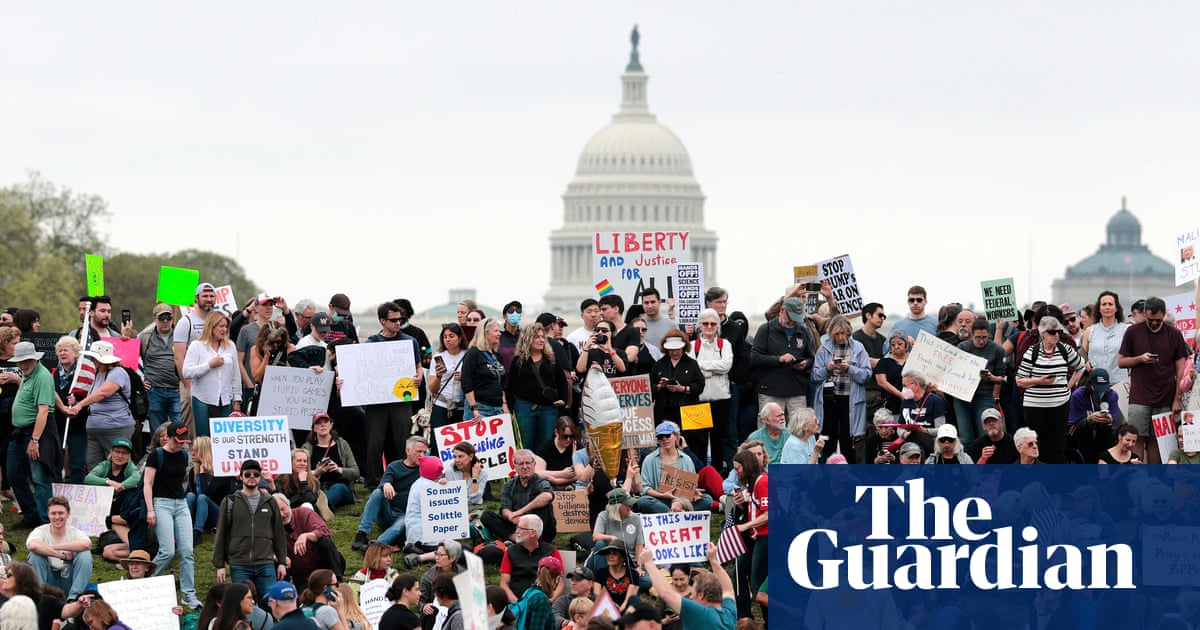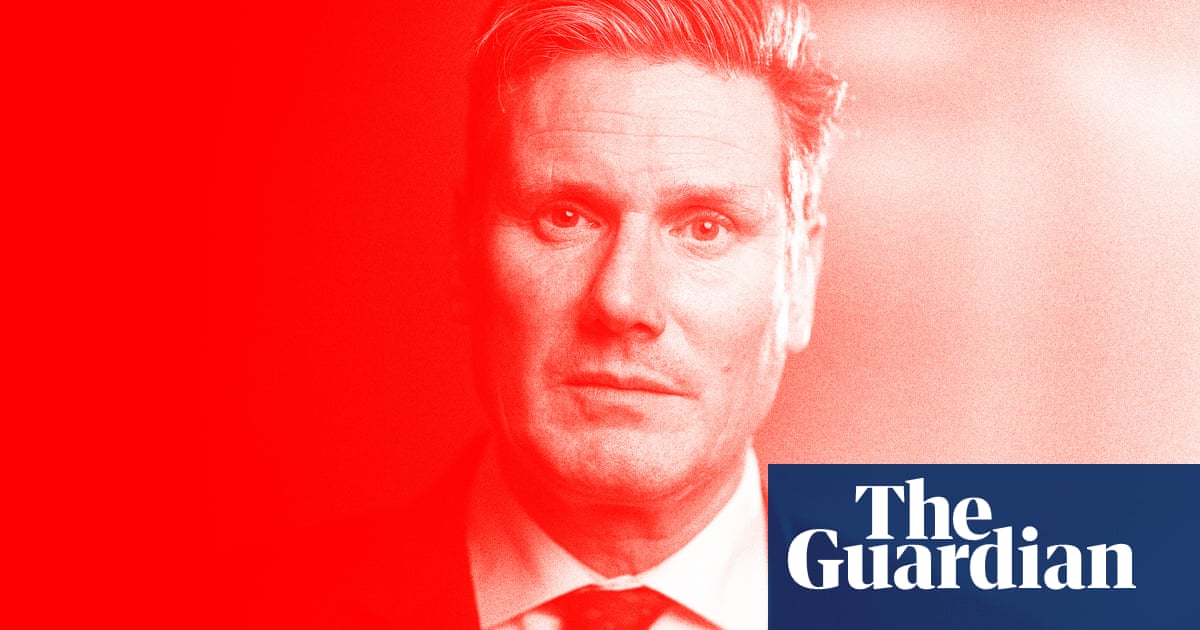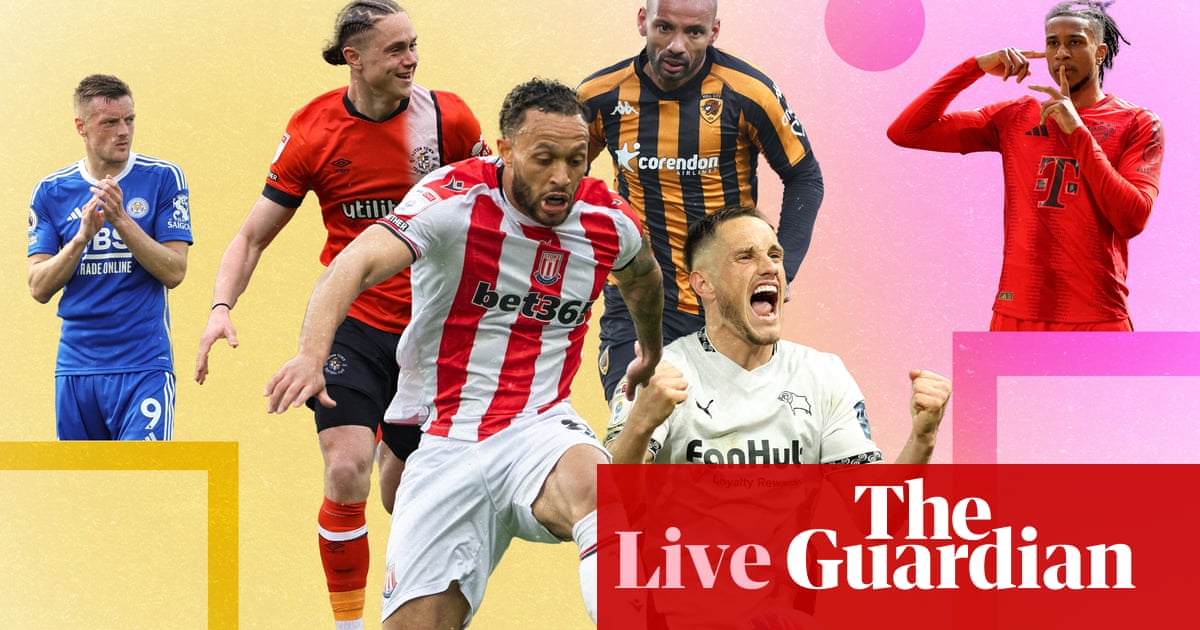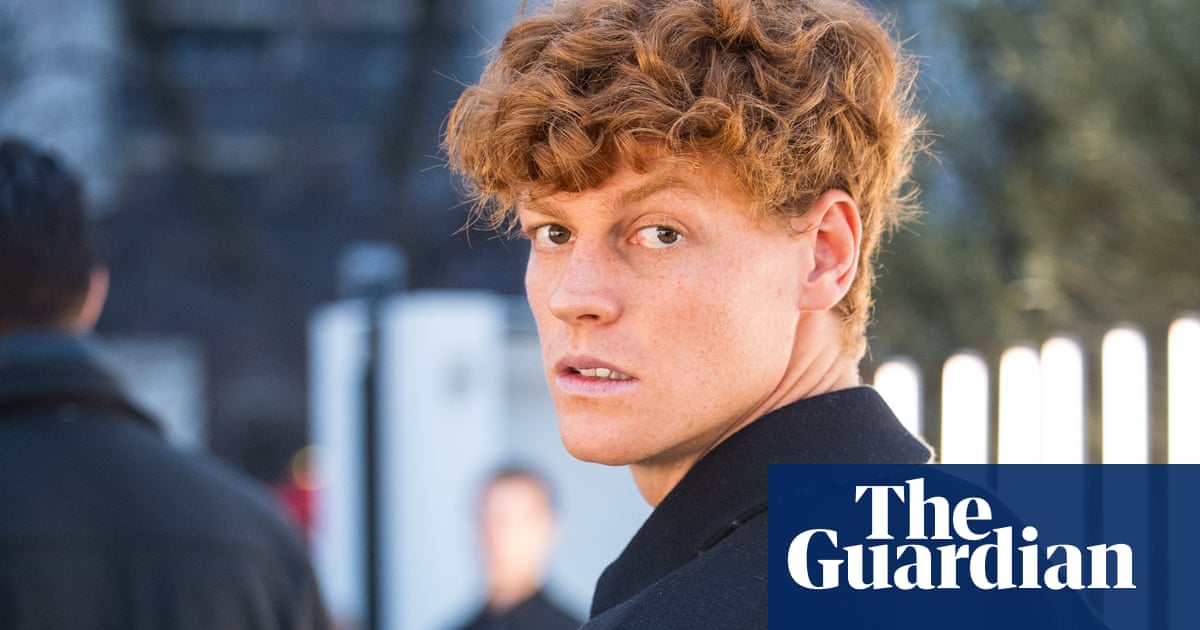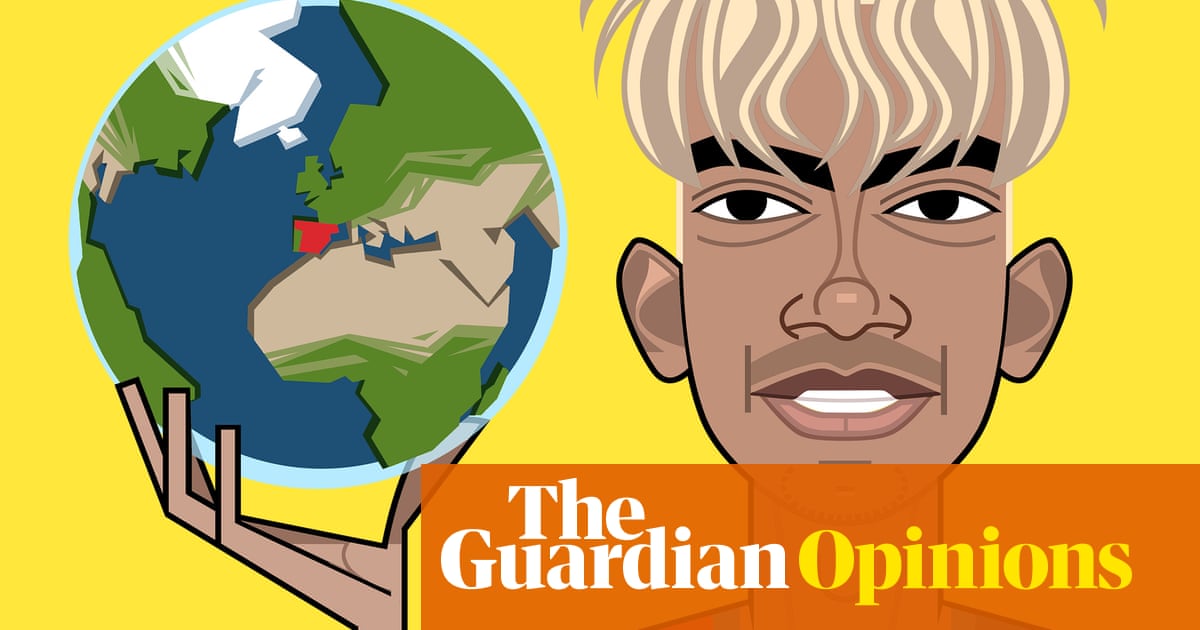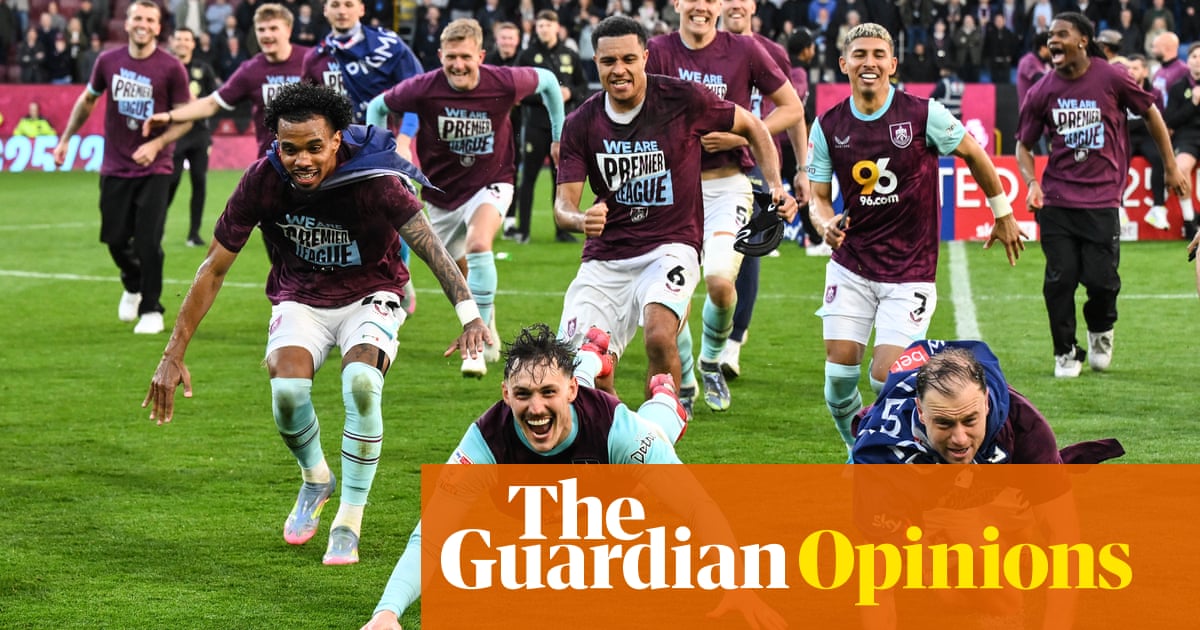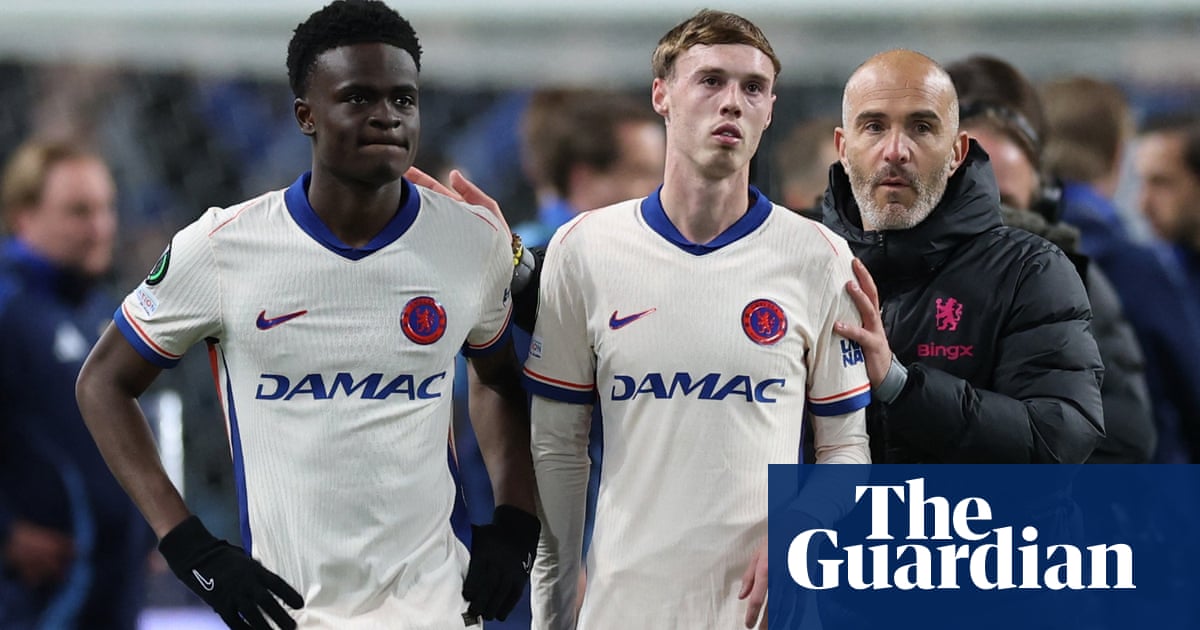Sound the trumpets, beat the drum, let loose the buttock-rockets of hope. One of the strangest and most unsatisfying things about the Covid-19 pandemic, among a great many deeply strange and unsatisfying things, is that it never actually had a shared end date or ceremonial send-off.
Jarringly so, because this was a period in the national life built around a rigid roster of public events. The numerical rules. The weekly banging of pots in honour of people you secretly consider to be serfs. Such unlikely figures as health secretary Matt Hancock appearing in public every day in order to say inauthentic-sounding things about public health, all the while resembling the doomed subcommander of an imperial space galleon who keeps announcing that he’s got the situation under control sir, just as the bridge behind him is cleaved in two and he’s sucked out into a skull-popping deep space inferno.
All these things happened in lockstep. The pandemic had a start date. But the closest we got to a national throwing-off of the shackles, our own VV day, was July 2021 and the sight of a lone England football supporter placing a flare between his buttock cheeks before releasing it into the skies above central London. This was our healing moment, our iconography of closure, our own white cliffs and union flags.
Sport: always delivering. As it did that same evening with the commemorative Wembley Stadium riots. But for now the other strange thing about the plague times is that nobody wants to talk about it. Understandably so. It was horrible, traumatic and confusing. But the fact remains for sport this week does bring a significant pandemic anniversary. Not of the end or the beginning, but of the way things began to change, and significantly so.
It is five years now since the end of the only month that was entirely empty of sport through the pandemic. It is easy to forget now that this all came pretty much out of nowhere. The week before English football shut down the headlines were Eric Dier leaping into the crowd to confront a fan and Manchester United finally turning a corner with Bruno Fernandes at the wheel because, plus ça change, plus c’est the same thing all over again.
The final live football event in the UK was 11 March, Liverpool v Atlético Madrid at Anfield, an occasion that should loom like an undying shadow over Boris Johnson and his government, still in its let-it-run-free herd immunity phase. The official pandemic report concluded 37 people died as a result of the game played at that late stage, a detail that deserves never to be lost.

Two days later, Mikel Arteta tested positive, forever enthroned as the Franz Ferdinand of Britain’s Covid meltdown. Football took the lead, the Premier League and the EFL calling off their own competitions despite official dithering. Before long Euro 2020 had been suspended, the snooker and cricket put on hold. Two weeks later the Tokyo Olympics was banished to the ghost games of 2021.
In the meantime April was a global white out, give or take the odd Belarusian Super league oddity. And by 3 May, five years ago this Saturday, the first stirrings appeared in the soil. World Athletics staged a well meaning but deeply weird back yard video pole vault event featuring Mondo Duplantis. Footballers in England began to train again. Within two weeks the Bundesliga resumed to empty seats. Sport had taken a breath, a moment to think about what this thing is actually for, and what it should look like when the plague was all over.
There have been some very clear changes in sport, both in its hierarchies and the basic spectacle, all related to the trials and opportunities of the pandemic. In many ways sport has never recovered, a mark that is most obviously present in the ever-wider separation of power.
Look back now and the pandemic was good for Fifa, good for the BCCI, good for Saudi Arabia. It was good for some women’s sport. It was bad for athlete welfare, bad for grassroots, participation and children’s health. Above all it was terrible for the idea of preserving physical space, the shared sense of ownership of our sporting institutions; another example of sport holding up its own mirror to the rest of the world.

Most obviously Covid-19 was good for Gianni Infantino and Fifa. Never let a good crisis go to waste. For Infantino financial and cultural meltdown elsewhere presented a wonderful opportunity to maintain a constant public expression of grave and statesmanlike concern, all the while ramping up his own ambitions.
This was the moment Infantino ramped up his full-realised Football Jesus persona, dangling Fifa’s cash reserves, pulling rank on every entity that had ever tried to resist its power, taking decisive steps in the shadow-struggle with club football. The sense of an autocratic entity freed from any kind of scrutiny was codified. The expanded Club World Cup flows from this, as does the Saudi World Cup, whisked through without a vote.
Other power grabs failed. The European Super League bubbled up and was then bundled out of the door as the returning crowds took to the streets in public protest and also, let’s face it, as something to do.
after newsletter promotion

The Premier League is still counting the cost of that time. Internally there is a sense the pandemic caused a breakdown of trust that has never been restored, present in the Super League shemozzle and fuelled by the loss of revenues, the basic sense of brittleness.
The biosecure summer league wrought its own changes, 92 live games in six weeks purely to appease the broadcasters, accompanied only by muffled managerial shrieking, like the sound of somebody being water-boarded next door.
Using five substitutes has remained, another little nudge for the more powerful clubs. The primacy of fans, of real-life humans in the physical space, has been chipped away at. Lines have been crossed, ground given up. Late-night kick-off times have stayed. Ticket prices have spiralled.
Left alone in the empty grounds, TV took control of the staging, stopping and starting the clock, bossing referees about, and making strides towards some distant end point as a remote spectacle. Absurdly over-geared VAR has at least been slightly scaled back (never forget the outrages of the micro-handball penalty era). Pundits have remained on the pitch, a major step in the cretinising of the show, the guffaws and squeals and clipped-up rants now just part of the entertainment.
In cricket this was the period when franchise T20 leagues basically took over. With all other cricket falling apart the biosecure Indian Premier League became the centrepiece of the year, the final in Dubai watched by 200 million people. That model became the dominant one, with time slots carved out, TV-based styling, heavy BCCI/IPL investment. On the plus side women’s cricket got a significant boost, the first double-headers introduced as a necessity and then retained as a success. The Hundred got its foot in the door.
Elsewhere, the Covid Olympics was dystopian in the flesh, detrimental to athlete welfare, but rescued by the good fortune of a human-scale, beautifully memorable Paris Games last year. Darts had a very good pandemic, discovering a new hunger for its comforts and kitchen sink dramas.
Tennis was strange during Covid, freezing its ranking points, losing some veteran players, at times descending into a hallucinogenically weird Novak Djokovic political-legal drama. Boxing flourished and basically became a Saudi gig, as did many other sports. LIV golf, a Saudi Grand Prix and the purchase of Newcastle United were all ushered through as a huge period of progress for anyone willing to suck up the costs, steamroller any protests and leverage their political ambitions.
The great tragedy of the opposite end of the scale is the blow to participation, amateur sport and public health. Above all this feels like a missed opportunity. Many participation sports flourished, without fanfare in the pandemic months. At the same the structures of amateur sport were often filleted or left to die.

Subsequent studies have suggested a “lost generation” of young people who simply fell out of sport. Children’s physical activity has changed since, a decline stacked around gender and socioeconomic position. Childhood obesity shot up and has persevered in older age groups. Plus of course, as a referred pandemic pain, the cost of living has increased, with physical activity declining most among the poorest.
The pandemic lingered on in sport. Planned returns were delayed. A surge in Omicron-based confusion the following Christmas saw football cancelled again, firebreaks talked up, Antonio Conte using a set of mannequins to make up the numbers in Spurs training, without, it is rumoured, any noticeable drop-off in effectiveness.
Five years on, sport in the pandemic remains a blurry and confused landscape, at best a story of stratification and progress towards a more remote spectacle. For now it is worth remembering how many acts of sporting administrators are still bound in the losses and commercial paranoia of the time. And how vital is it to retain the right not just to be there in the flesh, but to be central to the show, both as participant and spectator.

 16 hours ago
13
16 hours ago
13

